Landscape Forms joined forces with Yves Béhar and San Francisco-based Fuseproject in the creation of MultipliCITY, a beautiful new line of innovative and sustainable landscape furnishings. Produced and sold internationally by the Michigan-based site furniture manufacturer, MultipliCITY comprises a whole suite of individually crafted tables, benches, bike racks, path lights, and trash bins.
MultipliCITY has been three years in the making and effectively confronts both global and local issues inherent with any manufactured, mass-marketed product. The furniture pieces offer flexibility in both the sourcing of their materials and the functional application of their details. Both the structures and brackets are directly manufactured by Landscape Forms and then flat-packed and shipped without the additional weight of the wood. This forward-thinking strategy lowers shipping costs, gives the consumer the opportunity to purchase locally sourced hardwood, and allows the company to join international markets. From Landscape Forms:
Structural parts are manufactured by Landscape Forms, seating and table surfaces are produced from locally sourced hardwoods in markets outside North America, and flat shipping and local assembly to international locations supports carbon-reducing sustainability. MultipliCITY is a citizen of the world, equally at home in Buenos Aires, Barcelona and Boston.
The aluminum frames accommodate customized wood surfaces, which allow for a variety of configurations and uses. With a simple change in the wood’s angle, direction, or dimension, the MultipliCITY benches and bike racks seamlessly transform from mere furniture pieces to places to collaborate, socialize, eat, work, and rest. This system effectively recognizes the evolving ways in which people are making use of public space. “It’s been a new trend to have meetings outside, or walking meetings, so the system has the elements to allow for different types of possible interactions,” says Béhar.
MultipliCITY has been very thoughtfully executed, and it’s strongest asset might be that it raises some important questions about the future of urban public space. What other possibilities exist through the functional coupling of urban furnishings with new designs, or even retrofitted applications? Why shouldn’t bike racks also double as parking meters, tree pits and sidewalk grates as benches, or defunct payphones as digital information kiosks (or analog information kiosks, for that matter)? The possibilities are endless.
Via Fast Company and Wired.
Images via Fast Company.
Kyle O’Connor is a landscape and architectural designer in Philadelphia, Pennsylvania. Follow him on Twitter at @kyledoconnor and on his blog, The Municipal Interface.
Published in Blog

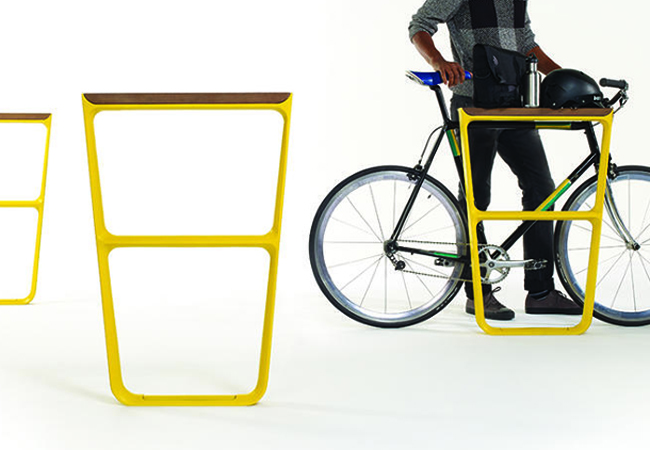
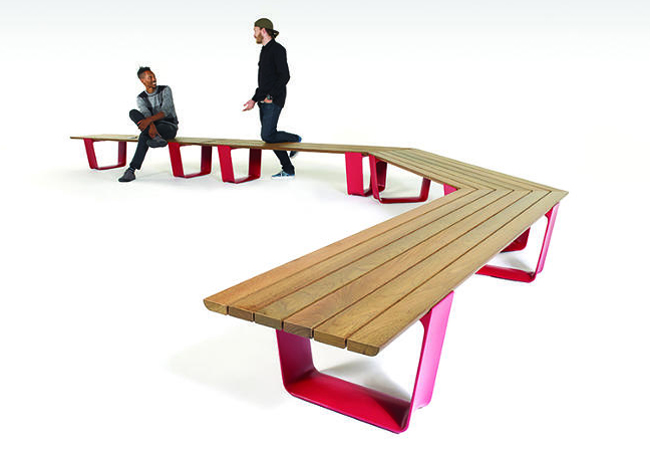
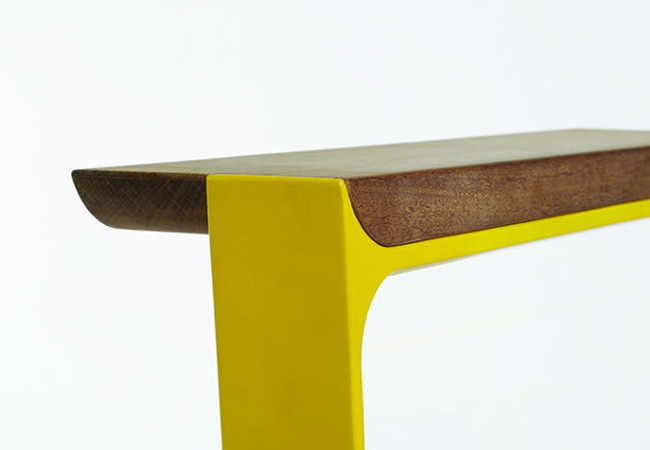
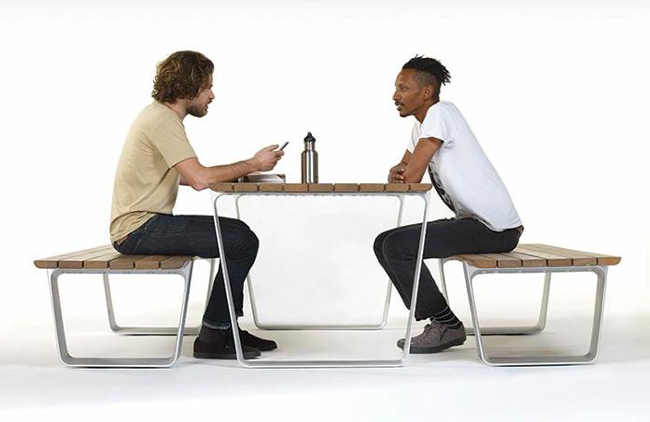
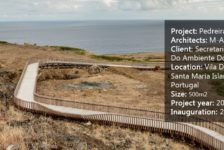

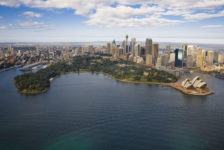
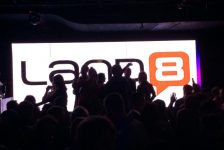
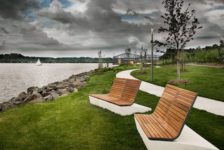
Andrew Spiering
Love the concept behind the design and amazing execution on beautiful elements. Thanks for sharing!